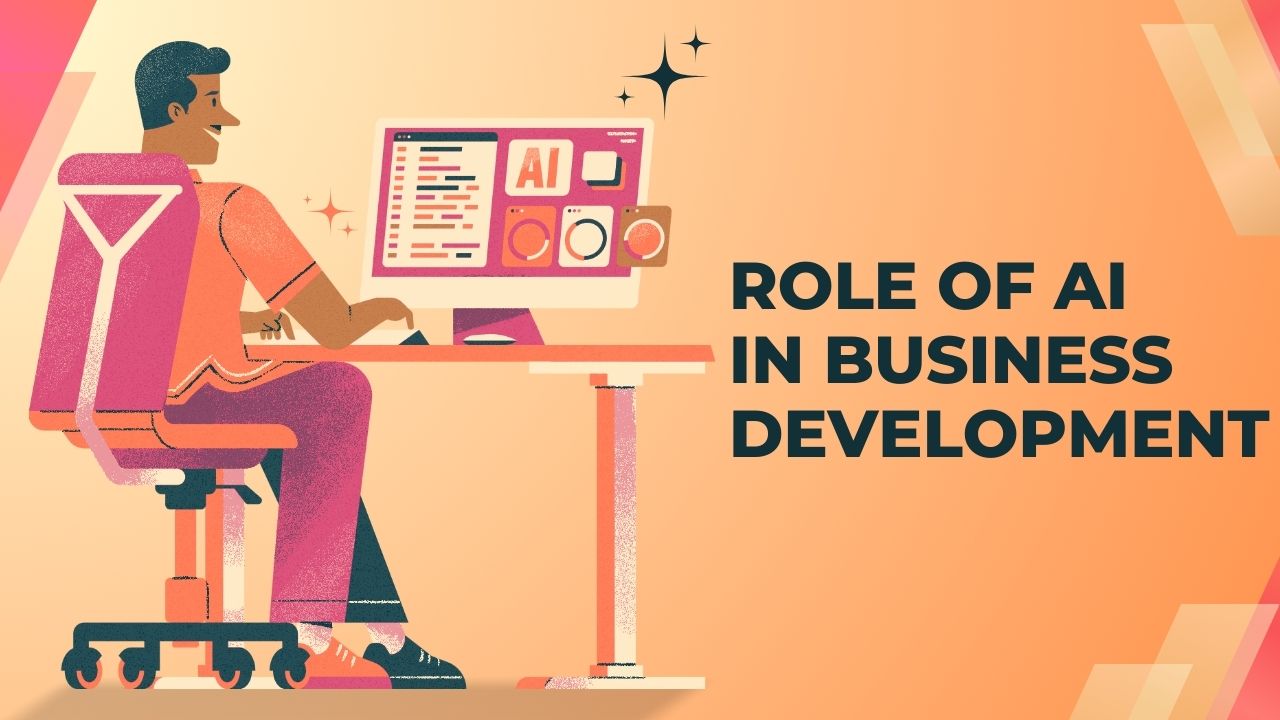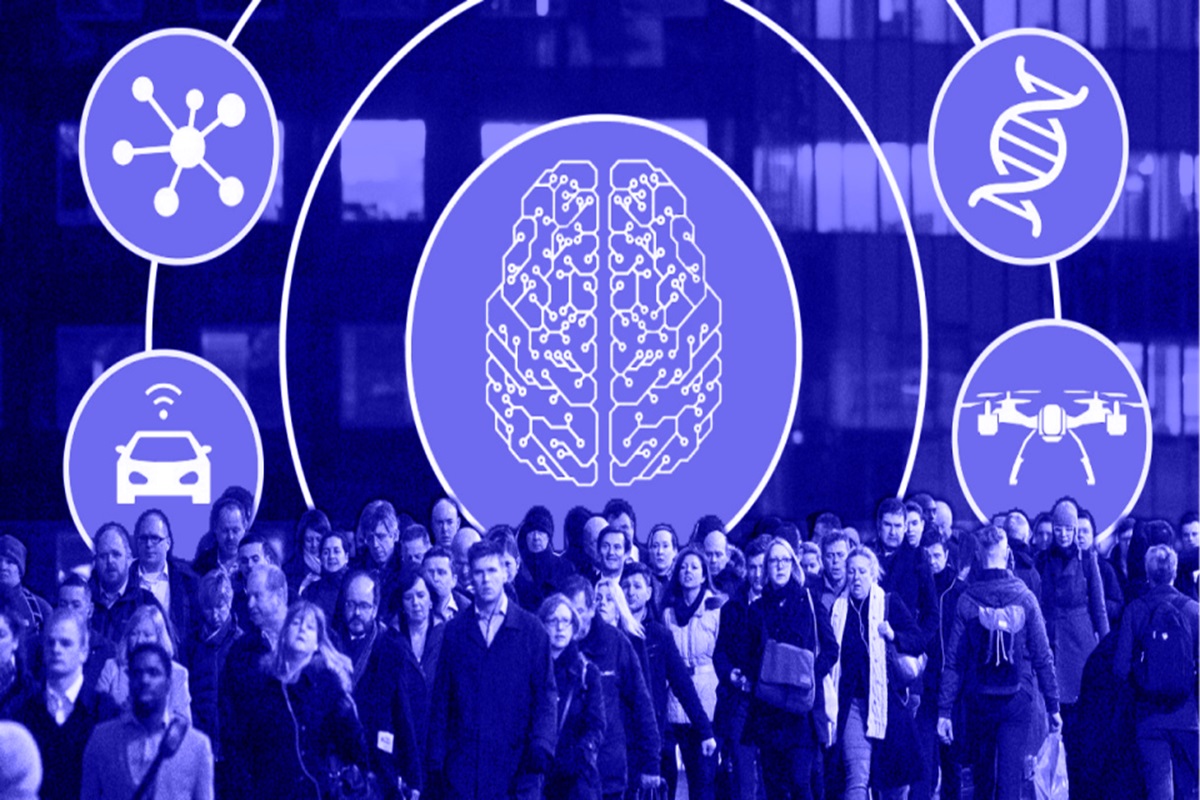As we step into 2024, the influence of artificial intelligence (AI) on business development continues to expand at an unprecedented rate. AI technologies are not just tools; they are becoming integral components of strategic decision-making, operational efficiency, and customer engagement. In this article, we will explore the multifaceted role of AI in business development, examining its impact across various functions, industries, and its future trajectory.
Understanding Artificial Intelligence (AI)
Definition and Overview of AI
Artificial Intelligence refers to the simulation of human intelligence processes by computer systems. These processes include learning, reasoning, problem-solving, perception, and language understanding. AI can be categorized into two primary types: narrow AI, which is designed for specific tasks (e.g., facial recognition), and general AI, which possesses generalized cognitive abilities akin to human intelligence.
Types of AI Technologies
- Machine Learning (ML): A subset of AI focused on algorithms that learn from and make predictions based on data. ML enables businesses to analyze vast amounts of data to identify patterns and insights that inform decision-making.
- Natural Language Processing (NLP): This technology allows computers to understand, interpret, and generate human language. NLP is essential for chatbots, sentiment analysis, and automated content generation.
- Deep Learning (DL): A specialized form of ML that uses neural networks to analyze data at multiple layers. DL is particularly effective for image and speech recognition tasks.
- Neural Networks (NN): These systems mimic the human brain’s network of neurons, enabling machines to learn from large datasets. NN are foundational in developing more complex AI models.
The Impact of AI on Business Development
Enhancing Operational Efficiency
In 2024, AI is driving significant improvements in operational efficiency across businesses. By automating repetitive tasks, organizations can reduce human error and free up employee time for more strategic activities.
Automation of Repetitive Tasks
AI can automate mundane tasks such as data entry, invoicing, and scheduling, allowing teams to focus on higher-value work. This not only increases productivity but also enhances job satisfaction among employees.
Streamlining Supply Chain Management
AI tools can predict supply chain disruptions by analyzing data from various sources, enabling businesses to proactively address potential issues.
Transforming Marketing Strategies
AI technologies are revolutionizing how businesses approach marketing. With the ability to analyze consumer behavior and preferences, companies can tailor their marketing efforts to better meet customer needs.
Predictive Analytics for Customer Targeting
By leveraging AI to analyze past purchasing behavior, businesses can identify potential customers and target them with personalized marketing campaigns, thus increasing conversion rates.
Personalized Marketing Campaigns
AI enables businesses to segment their audiences and deliver customized messages, leading to higher engagement and customer loyalty.
Market Trend Analysis
Through advanced data analytics, AI helps businesses identify emerging trends and adapt their strategies accordingly.
Related Post: How to Use AI for Business Growth in 2024: A Step-by-Step Guide
AI Applications Across Business Functions
Sales Optimization with AI
Sales teams are increasingly leveraging AI tools to enhance their processes and improve outcomes.
Lead Scoring and Nurturing
AI algorithms can analyze lead data to score leads based on their likelihood to convert. This allows sales teams to prioritize their efforts effectively.
Automated Sales Processes
AI can automate various aspects of the sales process, from sending follow-up emails to scheduling meetings, which helps reduce the administrative burden on sales professionals.
Customer Experience Enhancement
Delivering exceptional customer experiences is crucial for business growth, and AI plays a pivotal role in achieving this.
AI-Powered Chatbots for Support
Chatbots can provide instant responses to customer inquiries, improving response times and enhancing customer satisfaction. They can handle multiple queries simultaneously, reducing the workload on human support agents.
Sentiment Analysis for Feedback
AI tools can analyze customer feedback across social media and review platforms to gauge sentiment, helping businesses understand customer perceptions and adjust their strategies.
Innovation in Product Development
AI is not just about optimizing existing processes; it also fosters innovation in product development.
AI in Design and Prototyping
AI-driven design tools can analyze market data to inform product design, ensuring that new products meet customer expectations.
Predictive Maintenance for Product Longevity
By utilizing AI to monitor product performance, businesses can predict when maintenance is needed, reducing downtime and extending product life.
Industry-Specific Use Cases of AI
AI in Healthcare
In the healthcare industry, AI is transforming patient care through predictive analytics and personalized treatment plans. AI can analyze patient data to identify potential health risks and recommend preventive measures.
AI in Finance and Banking
The finance sector is undergoing a transformation through improved fraud detection, risk management, and customer service. By analyzing transaction patterns, algorithms can identify suspicious activity, thereby enhancing security measures and protecting financial institutions from potential threats.
Role of AI in Retail and E-commerce
Artificial Intelligence enables retailers to optimize inventory management, personalize shopping experiences, and streamline logistics. Machine learning algorithms can predict demand and automate restocking processes.
AI in Transportation and Logistics
Artificial Intelligence applications in transportation improve route optimization and fleet management. Self-driving technology is revolutionizing logistics, making deliveries faster and more efficient.
Challenges and Considerations in Implementing AI
While the benefits of AI are substantial, businesses must also navigate several challenges.
Ethical Considerations and Data Privacy
As businesses collect and analyze vast amounts of data, ethical concerns about data privacy and security become paramount. Organizations must ensure compliance with regulations like GDPR and implement robust data protection measures.
Integration Challenges with Existing Systems
Integrating AI into existing business systems can be complex. Organizations may face technical challenges and resistance to change from employees. A phased approach to implementation can help mitigate these issues.
Skills Gap in Workforce Adaptation
As AI technologies evolve, there is a growing need for skilled professionals who can manage and utilize these systems. Businesses must invest in training and development to bridge this skills gap.
Future Trends: AI in Business Development
The Evolution of AI Technologies
AI technology is continuously evolving, with advancements in machine learning, natural language processing, and computer vision. These innovations will open new avenues for business applications.
Predictions for AI’s Role in Business by 2025
Experts predict that by 2025, AI will become even more integrated into everyday business operations, enhancing decision-making processes and enabling real-time data analysis.
Preparing for an AI-Driven Business Landscape
To thrive in an AI-driven world, businesses should prioritize innovation, embrace a culture of continuous learning, and remain agile in adapting to new technologies.
Conclusion: Embracing AI for Business Growth in 2024
The role of AI in business development is profound, offering opportunities for enhanced efficiency, innovation, and customer engagement. As we move through 2024, businesses that leverage AI effectively will not only gain a competitive edge but also create sustainable growth.
Strategic Recommendations for Businesses
- Invest in AI Technologies: Organizations should allocate resources to adopt AI technologies that align with their business goals.
- Foster a Culture of Innovation: Encourage experimentation with AI solutions and promote a mindset of continuous improvement.
- Focus on Data Governance: Ensure data privacy and compliance to build trust with customers and stakeholders.
Call to Action for Stakeholders
The role of ai in business development continues to shape the future of business, all stakeholders must collaborate to harness its potential responsibly and ethically. By embracing AI, businesses can navigate the complexities of the modern landscape and drive significant growth in 2024 and beyond.
FAQs on the Role of AI in Business Development
1. What is artificial intelligence (AI)?
AI simulates human intelligence in machines, enabling them to learn, reason, and solve problems.
2. How does AI improve operational efficiency in businesses?
AI automates repetitive tasks and analyzes data, allowing employees to focus on strategic activities.
3. What are some applications of AI in marketing?
AI is used for predictive analytics, personalized campaigns, customer segmentation, and market trend analysis.
4. How does AI impact customer experience?
AI enhances customer experience through chatbots, personalized interactions, and automated responses.
5. What industries are most affected by AI in 2024?
Healthcare, finance, retail, transportation, and logistics are significantly impacted by AI technologies.
6. What challenges do businesses face when implementing AI?
Challenges include ethical concerns, integration issues, the need for employee training, and skills gaps.
7. What future trends should businesses expect regarding AI?
Expect advancements in machine learning, greater integration in operations, and a focus on ethical practices.
8. How can businesses ensure ethical use of AI?
Implement data governance policies, ensure transparency, and foster a culture of accountability.
9. What is the role of AI in product development?
AI aids in design, prototyping, and predictive maintenance, informing better product choices.
10. How can small businesses leverage AI?
Small businesses can use affordable AI tools for marketing, customer service, and data analysis.
11. How does AI enhance sales processes?
AI improves sales through lead scoring, automated communications, and data-driven strategy optimization.
12. What are the potential risks associated with AI in business?
Risks include strategy and financial risks, lack of trust, and compliance issues.



